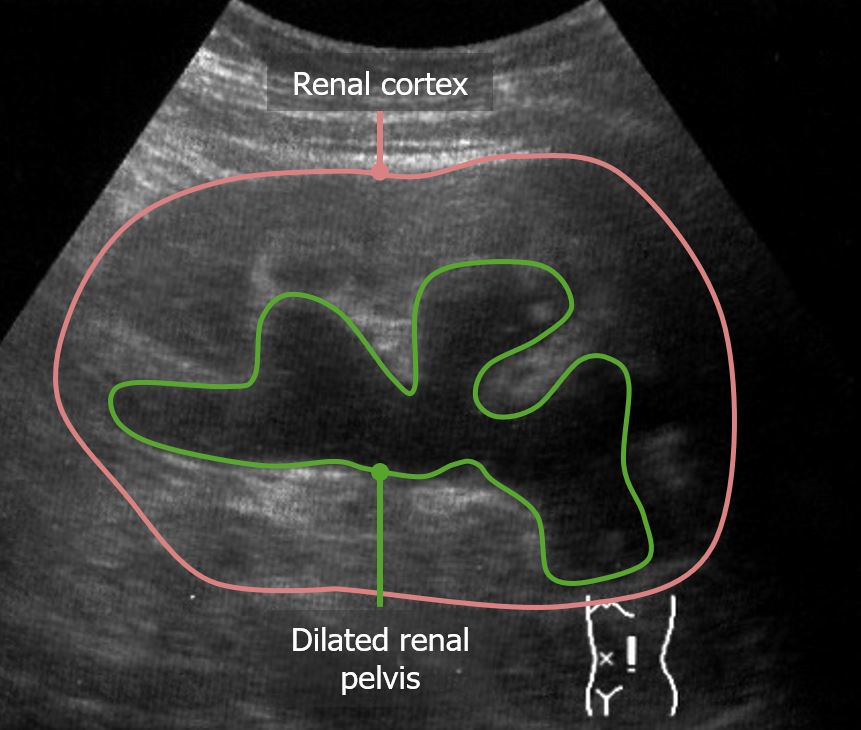Playlist
Show Playlist
Hide Playlist
Chronic Kidney Disease (CKD): Stages
-
Slides Nephrology Chronic Kidney Disease.pdf
-
Reference List Nephrology.pdf
-
Download Lecture Overview
00:01 So let's transition and talk a little bit about the stages of chronic kidney disease. 00:05 Remember we talked about the importance of this when we were talking about why we need to assess GFR. 00:10 And really having a staging system or staging kidney disease is helpful because it identifies patients who are at the highest risk for progression and having complications from their chronic kidney disease. 00:21 So it's important to know who those patients are so we can t arget them and really help to slow progression. 00:26 So it's really based on people's GFR. 00:29 Stage 1 As you can see here is a GFR that's greater than or equal to 90 mils per minute. 00:35 Now it's interesting because it's not just GFR. 00:37 These are patients that have to have kidney damage with some kind of clinical marker with a with a normal GFR or a high GFR, This is going to be somebody for example that I've biopsied and they have IGA nephropathy or this could be somebody for example who has proteinuria or hematuria that sustained over time or maybe even an Imaging abnormality like polycystic kidney disease. 00:59 Stage 2 is very similar except the GFR is between 60 and 89 mils per minute. 01:05 So they have a slight decrement in function. 01:07 But again, you can't really label somebody as having stage to chronic kidney disease unless they have markers of kidney damage that's going to be pathological abnormalities potent area hematuria or Imaging abnormalities. 01:21 Now stage three are probably what most people really think about and these are people that often come to my attention in my clinic when I'm getting referrals. 01:28 These are people who have a moderate decrease in GFR. 01:31 So their GFR is between30 and 59 per minute. 01:35 Interestingly they just need that decrement and function. 01:38 They don't have to have those clinical markers of kidney damage. 01:41 But often times they do. 01:43 Now I want you to note that stage 3 chronic kidney disease is further subdivided into 3a which is a GFR between 45 59 mils per minute and Stage 3B, which is a GFR between 30 and 44 per minute. 01:57 Why do we further subdivide these because we know that people are at an increased risk of death from cardiovascular events when they're GFR is below forty five mils per minute. 02:09 So again, if we're trying to identify people who are at risk, this is going to be very important to note that so you might hear us talk about things like stage 3A or stage 3B chronic kidney disease. 02:21 Stage four chronic kidney disease are people who are relatively advanced that means their GFR is down to 15 to 29 mils per minute. 02:29 Now at this stage, I'm really thinking about either transplanting my patients or preparing them for something like renal replacement therapy, which we're going to talk about later on within this lecture. 02:40 And then finally Stage 5 are people who have a GFR of less than 15 mils per minute and oftentimes, these are people who need renal replacement therapy. 02:50 So often times you'll hear us also speak about stage 5 chronic kidney disease people as having end-stage renal disease, ESRD or end-stage kidney disease, ESKD.
About the Lecture
The lecture Chronic Kidney Disease (CKD): Stages by Amy Sussman, MD is from the course Chronic Kidney Disease (CKD).
Included Quiz Questions
Why is stage 3 CKD subdivided into stages 3a and 3b?
- Patients with stage 3b CKD are at a significantly higher risk of death from cardiovascular causes.
- Patients with stage 3b CKD are candidates for renal replacement therapy.
- Patients with stage 3b CKD have significant albuminuria, while patients with stage 3a CKD do not.
- Patients with stage 3a CKD are at a significantly higher risk of death from cardiovascular causes.
- Patients with stage 3b CKD are diagnosed with end-stage renal disease (ESRD).
Which of the following is true regarding the staging of CKD?
- It is intended to identify those at greatest risk for progression and complications.
- A low glomerular filtration rate measurement is required to diagnose CKD.
- A patient diagnosed with early-stage CKD has very little chance of disease progression.
- Patients with stage 2 CKD should be treated with renal replacement therapy.
Customer reviews
5,0 of 5 stars
| 5 Stars |
|
5 |
| 4 Stars |
|
0 |
| 3 Stars |
|
0 |
| 2 Stars |
|
0 |
| 1 Star |
|
0 |




